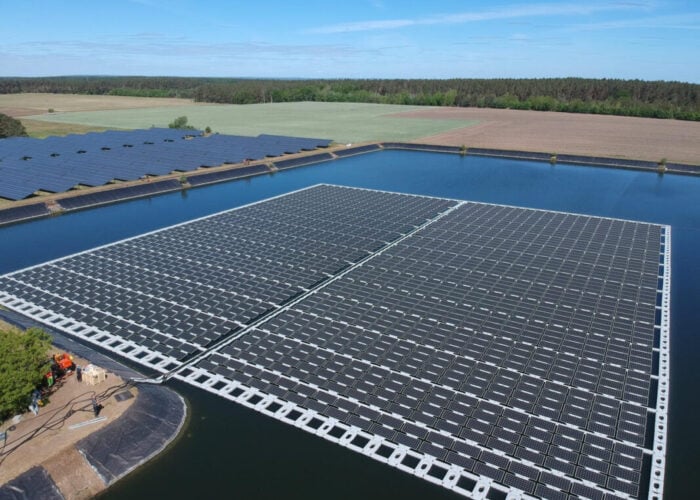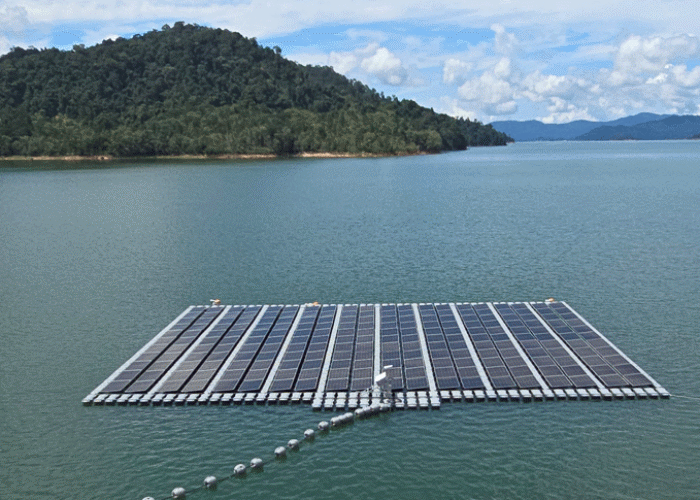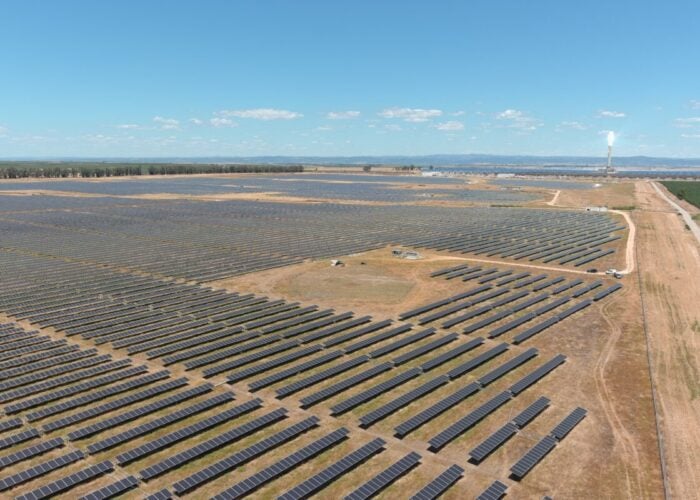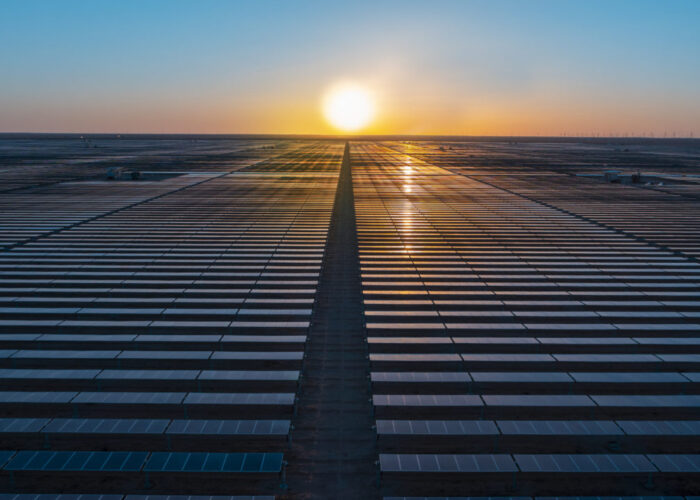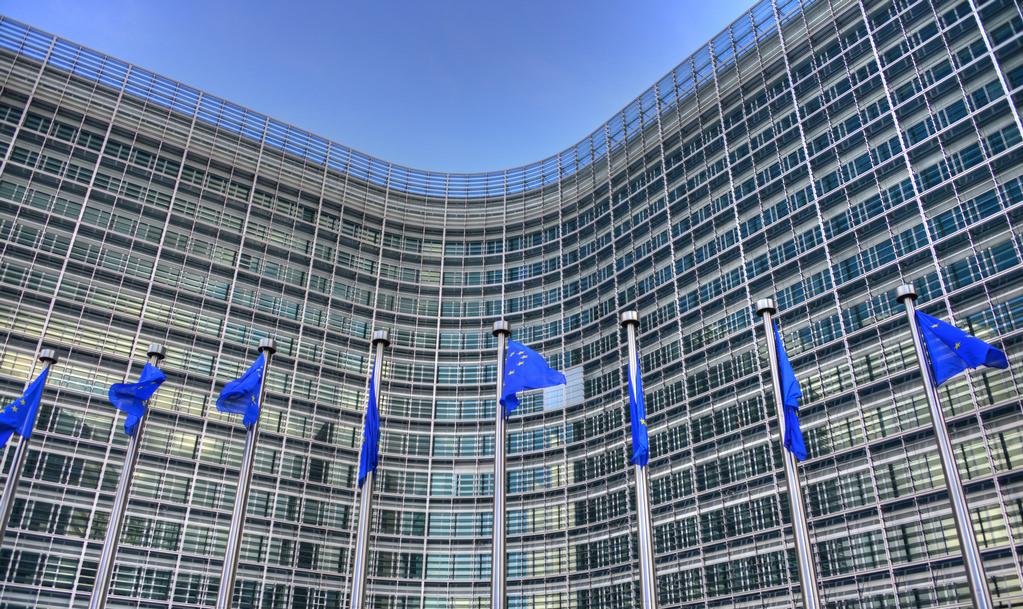
The EU will introduce shorter permitting times for solar and renewable energy assets in the most recent addition to its REPowerEU scheme, agreed on by the European Council this week.
Solar projects in particular have been singled out to have a permit-granting period of no more than three months, a move that builds on the EU’s recently announced emergency regulation to reduce permitting for solar mounted on artificial structures, as well as associated storage systems and grid connections, to a maximum of one month.
Unlock unlimited access for 12 whole months of distinctive global analysis
Photovoltaics International is now included.
- Regular insight and analysis of the industry’s biggest developments
- In-depth interviews with the industry’s leading figures
- Unlimited digital access to the PV Tech Power journal catalogue
- Unlimited digital access to the Photovoltaics International journal catalogue
- Access to more than 1,000 technical papers
- Discounts on Solar Media’s portfolio of events, in-person and virtual
The new announcement introduces renewable “go-to areas”, which the European Council describes as “land, sea or inland waters… chosen because they are particularly suitable areas for specific renewable energy technologies and present lower risks for the environment”.
EU member states will be required to map out and designate the “go-to areas” within 30 months of the new directive coming into force, and will adopt measures to mitigate any adverse environmental effects brought about by introducing renewable energy assets to the designated zones.
A major time-saving measure in the new directive sees the whole of a nation’s plans submitted for environmental approval as one body, rather than assessments of each individual project that are currently required.
The EU would also invoke “overriding public interest” in the case of projects in renewables “go-to areas”, assuming they are of significant public interest to minimise grounds for legal objections. The same principle was applied in November’s emergency solar regulation.
“Faster permitting in areas that can yield the best results without harming the environment will allow us to deploy renewable energy in our grids faster. This is the best way of becoming independent of Russian energy and it will also contribute considerably to our climate goals,” said Jozef Síkela, Czech minister of industry and trade.
Non-solar renewables projects within “go-to areas” must undergo permitting within a year, and offshore projects within two. Repowering existing plants and new projects with less than 150kW capacity and any associated energy storage systems or grid connections must undergo the process within six months, or one year if they are offshore projects. The permitting time caps are doubled for projects outside of “go-to areas”.
Whilst explicit permitting decisions will be required, the European Council said that member states could regard a lack of reply regarding a permit as a tacit agreement to intermediary steps.
The time taken to build assets, establish grid connections or related grid infrastructure will not be included in the permit-granting periods.
The European Council confirmed its target of 40% renewables generation by 2030, with solar poised to be a significant part of that.
This week, a report from SolarPower Europe revealed that the EU’s solar deployment had risen 47% in 2022, largely due to the effects of the REPowerEU scheme and other responses to the war in Ukraine.
The European Solar PV Industry Alliance was also recently launched, aiming to establish 30GW of domestic PV manufacturing in Europe by 2025.

